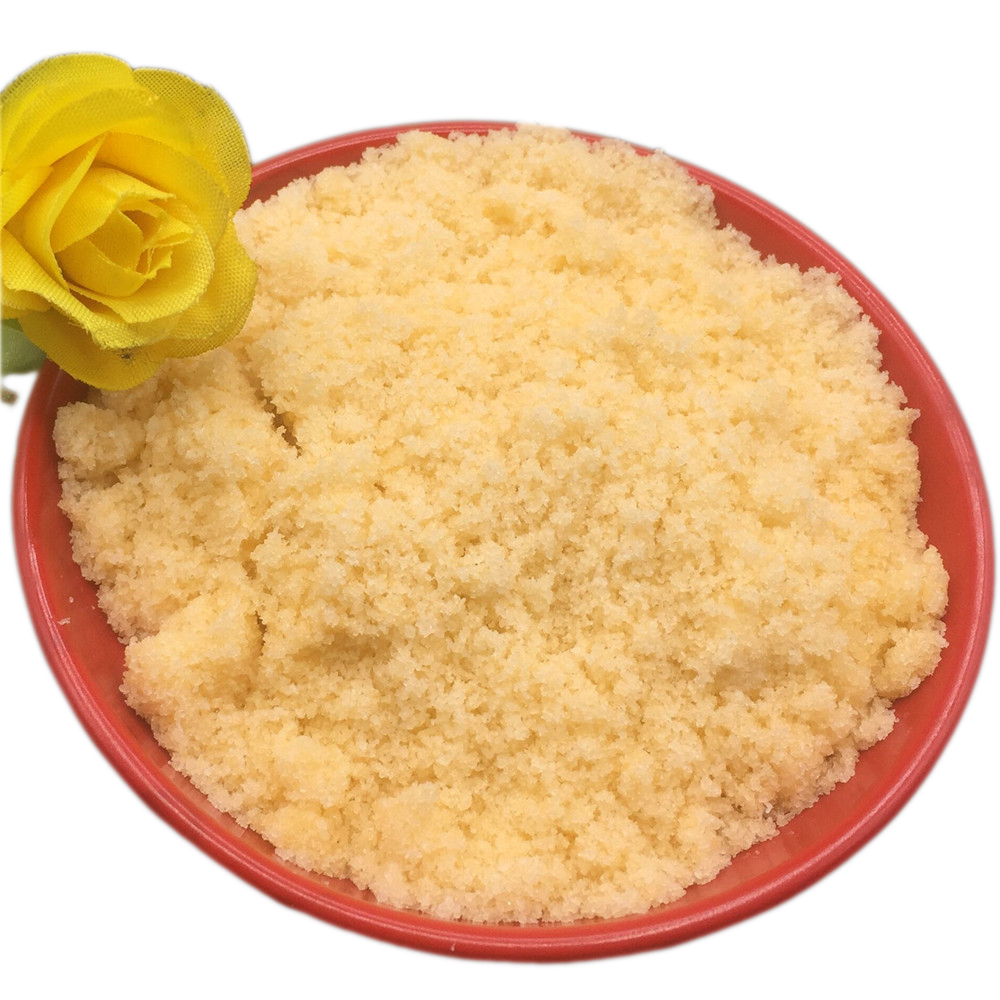
Aug . 21, 2024 15:29 Back to list
Top Organic Granular Fertilizers for Vegetable Cultivation from Leading Manufacturers
The Best Organic Granular Fertilizer for Vegetables A Guide for Manufacturers
As the demand for organic produce continues to rise, manufacturers of agricultural products have a unique opportunity to capitalize on this trend by offering high-quality organic granular fertilizers tailored for vegetable cultivation. The increasing awareness of health and environmental issues associated with synthetic fertilizers has led growers to seek out organic alternatives that enhance soil fertility and maximize vegetable yields. This article discusses the key aspects of producing the best organic granular fertilizers for vegetables, which can help manufacturers position themselves as leaders in the market.
Understanding Organic Granular Fertilizers
Organic granular fertilizers are derived from natural sources such as plant and animal by-products, minerals, and other organic materials. Unlike synthetic fertilizers, they release nutrients slowly, providing a steady supply of essential elements over time. This slow-release nature not only benefits plant health but also minimizes the risk of nutrient leaching into water bodies, which can lead to environmental issues like eutrophication.
For vegetable growers, the ideal organic granular fertilizer should contain a balanced mix of macronutrients (nitrogen, phosphorus, and potassium) and micronutrients (such as iron, magnesium, and calcium). Each nutrient plays a vital role in vegetable growth and development, influencing everything from root health to fruit quality.
Key Ingredients
Several natural materials can be considered when formulating organic granular fertilizers for vegetables
1. Compost A rich source of organic matter, compost enhances soil structure and provides a diverse range of nutrients. It also supports beneficial microorganisms that promote soil health.
2. Animal Manure Well-composted animal manure (such as chicken, cow, or sheep manure) is an excellent source of nitrogen and other nutrients. It should be processed to reduce pathogens and ensure safety for vegetable crops.
3. Bone Meal Rich in phosphorus, bone meal is crucial for root development and flowering in vegetables. It's particularly beneficial for crops like tomatoes, peppers, and squash.
best organic granular fertilizer for vegetables manufacturers

4. Kelp Meal This seaweed-based ingredient provides not only potassium but also trace minerals and natural growth hormones, promoting overall plant health and resilience.
5. Rock Phosphate A slow-release source of phosphorus, rock phosphate is essential for promoting vigorous root systems and enhancing fruit production.
Formulation and Production
Manufacturers looking to create the best organic granular fertilizers must focus on the balance of ingredients to meet the specific needs of different vegetable crops. Conducting soil tests and understanding local growing conditions will aid in formulating fertilizers that accurately address nutrient deficiencies.
Once the formulation is finalized, the production process should include proper drying and granulation techniques. This ensures that the nutrients are evenly distributed and that the fertilizers are easy to apply. Additionally, appropriate packaging that preserves the quality of the product while making it user-friendly for growers is essential.
Marketing and Education
To successfully market organic granular fertilizers for vegetables, manufacturers should engage in educating their customers about the benefits of organic gardening. Offering workshops, free samples, and informative materials can help build trust and establish a brand identity focused on sustainability and quality.
Highlighting successful case studies from vegetable growers who use the product will also serve as powerful testimonials that resonate with potential buyers. Moreover, being transparent about sourcing and production processes can enhance the brand's credibility in the organic market.
Conclusion
In conclusion, the best organic granular fertilizers for vegetables not only provide essential nutrients but also contribute to the long-term health of the soil and surrounding environment. By focusing on quality ingredients, effective formulation, and strong marketing strategies, manufacturers can thrive in the growing organic market and support vegetable growers in their pursuit of sustainable agricultural practices. The future belongs to those who innovate and prioritize quality, and the organic movement is poised to play a significant role in that evolution.
-
Premium Organic Manure Compost for Eco Gardens
NewsAug.01,2025
-
Organic 10-10-10 Fertilizer | Balanced Plant Nutrients
NewsJul.31,2025
-
Premium Amino Acid Fertilizer | Rapid Plant Growth Booster
NewsJul.31,2025
-
10 10 10 Fertilizer Organic—Balanced NPK for All Plants
NewsJul.30,2025
-
Premium 10 10 10 Fertilizer Organic for Balanced Plant Growth
NewsJul.29,2025
-
Premium 10 10 10 Fertilizer Organic for Balanced Plant Growth
NewsJul.29,2025
